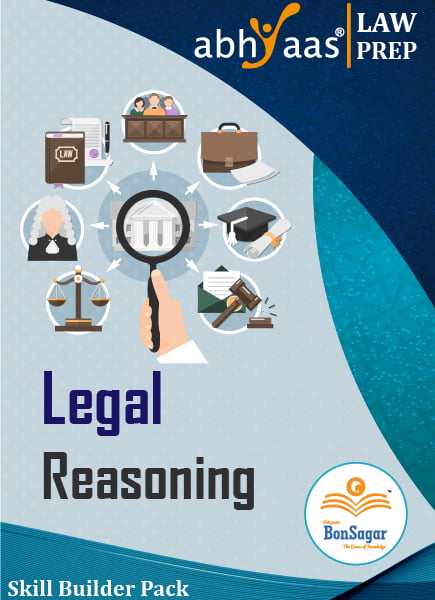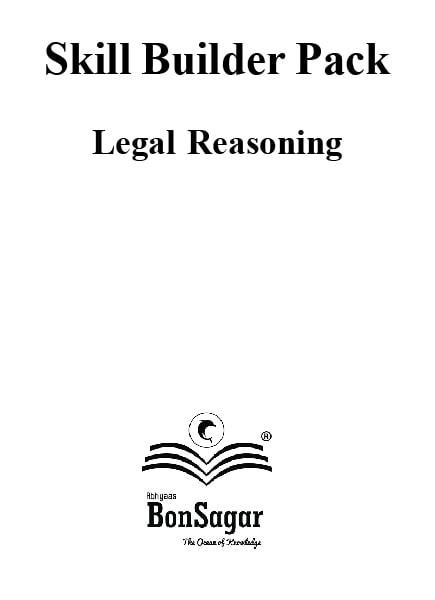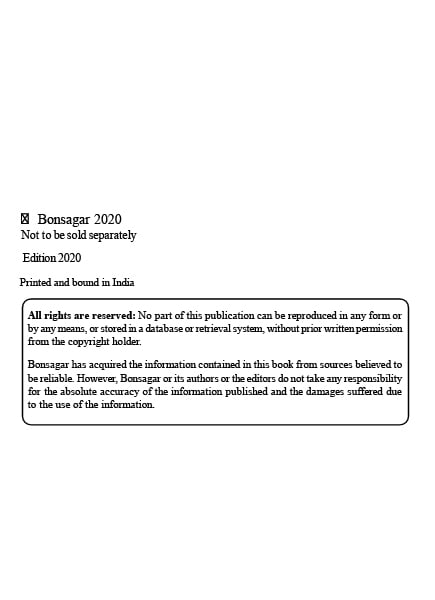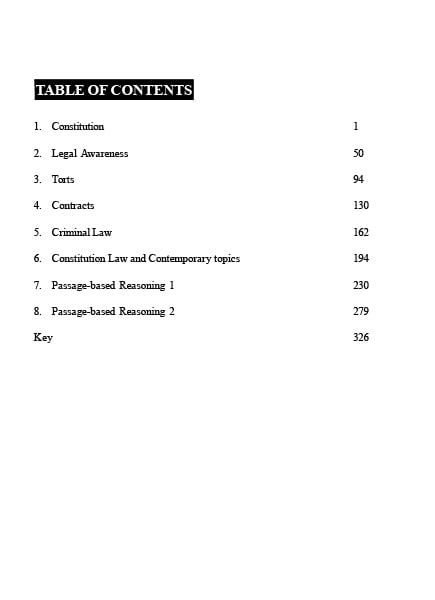How to Manage Your Time Effectively During the IELTS Exam
Introduction
IELTS is globally renowned as a test of English language proficiency. It evaluates your proficiency in effective English communication. Whether you’re sitting for the IELTS Academic or General Training examination, effective time management is a pivotal factor for success. The IELTS test is strictly timed, and skillful time management can substantially impact your performance. In this article, we will delve into crucial strategies designed to assist you in effectively managing your time during the IELTS exam.
Understanding the IELTS Exam Format
Before delving into time management strategies, it’s crucial to understand the IELTS exam format.
The IELTS exam consists of four main sections:
Listening: This section includes four recorded conversations or monologues. You will have to answer a series of questions based on what you hear.
Reading: The reading section comprises three or four texts, which could be from books, newspapers, magazines, or other sources. You’ll need to answer questions related to these texts. In the writing component, there are two tasks to complete. Task 1 (for Academic) or Task 2 (for both Academic and General Training) requires you to write essays or reports based on provided information. Task 2 (for Academic and General Training) is an essay on a given topic.
Speaking: The speaking section is a face-to-face interview with an examiner. It includes a short introduction, a speaking task where you talk about a specific topic, and a discussion.
Each section has a specific time limit, and effective time management is crucial to ensure you complete all tasks within the allocated time.
Time Management Strategies
Familiarize Yourself with the Format :
Before the exam, make sure you are familiar with the format of each section. Understand the number of questions, the type of questions, and the time allocated for each section. This will help you create a mental roadmap for how you’ll allocate your time during the exam.
Practice Under Timed Conditions :
One of the best ways to prepare for the IELTS exam is to practice under timed conditions. Use official IELTS practice materials or reputable IELTS preparation books to simulate the test environment. Practice each section with a timer to get a feel for the time constraints and improve your pacing.
Develop a Time Allocation Plan :
Create a time allocation plan for each section of the exam. Determine how much time you’ll spend on each question or task. For example, if the reading section has 40 questions and 60 minutes, you should aim to spend no more than 1.5 minutes on each question. Having a plan in place will prevent you from spending too much time on a single question and running out of time for others.
Prioritize Questions :
In sections with multiple question types, prioritize the questions you find easiest. This way, you can quickly answer the straightforward questions and allocate more time to the ones that require more thought. For instance, in the reading section, start with questions that ask for specific information and save the more challenging ones, like inference or opinion-based questions, for later.
Manage Your Listening Time :
During the listening section, you only hear the audio once. Pay close attention and avoid getting distracted. Take brief notes while listening to help you remember key details. Make sure you are ready to move on to the next set of questions when the audio ends.
Skim and Scan in the Reading Section :
Within the reading section, it is beneficial to employ skimming and scanning techniques. Begin by skimming the passage to grasp the overall content, and subsequently, scan for precise information while addressing questions. This approach will enhance your ability to locate answers swiftly and effectively.
Use a Timer :
Bring a silent timer (with no audible alarm) to the exam to keep track of your time. Glance at the timer periodically to ensure you are on track with your time allocation plan. However, be discreet about it, as some exam centers may have specific rules regarding the use of timers.
Stay Calm and Move On :
If you encounter a difficult question or task, don’t dwell on it for too long. Remember that all questions carry equal weight in terms of scoring. If you find a question particularly challenging, make an educated guess and move on. You can always come back to it if you have time left at the end.
Allocate Sufficient Time for Writing :
In the writing section, allocate enough time for both Task 1 and Task 2. Task 2 is worth more marks, so it’s generally advisable to spend about 40 minutes on Task 2 and 20 minutes on Task 1 (for Academic) or Task 2 (for General Training). Plan your essay structure before you start writing to save time.
Review Your Answers :
If time permits, review your answers in each section. Look for any obvious mistakes or omissions. In the listening and reading sections, make sure you’ve filled in the answer sheet correctly. In the writing section, check for grammatical errors and clarity of expression.
Conclusion
Effective time management is a crucial skill when taking the IELTS exam. By understanding the format, practicing under timed conditions, and following the strategies outlined in this article, you can maximize your chances of success. Remember that time management is not just about rushing through the test but about using your time wisely to answer each question to the best of your ability. With consistent practice and careful planning, you can achieve your desired IELTS score. Good luck!





 Book your Admission for CLAT 2018 Crash Course
Book your Admission for CLAT 2018 Crash Course